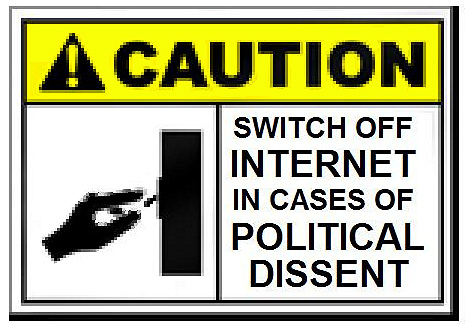Why do freedom of speech and expression matter?
Professor Tom Bell from Chapman University in the United States explains:
“Freedom of expression matters precisely because it allows us to voice and hear unpopular and controversial views. You don’t have to like offensive speech, in fact you should feel free to vigorously denounce and criticise speech that you see as wrong, but when people resort to force to prevent or restrict expressions that they disagree with, they undermine the very principles of freedom and tolerance that we claim to defend.”
What’s more, “some expressions once widely denounced as offensive or even dangerous have won vindication… Whether it was scientists like Gailileo challenging religious dogma about astronomy, abolitionists calling for an end to slavery, civil rights leaders demanding an end to Jim Crow laws… Speech that authorities once tried to censor has instead contributed immeasurably to our culture.”
While speech suppression is often intended to protect minorities and those who are potentially vulnerable in society, when authorities “seize the power to silence offensive views, they also seize the power to silence dissenting and minority views.”
Although speech codes and laws suppressing speech are often brought about with noble intentions, they actually have the power to cause more harm than good:
Bad ideas and offensive opinions shouldn’t be suppressed, but exposed for what they are. And good ideas that may not be popular, or that people find confronting should be allowed to prove their worth.
Freedom of speech matters, because it enables us to become critical thinkers, and ultimately to become wiser and more moral people.
XYZ
Photo by Mike Licht, NotionsCapital.com 










